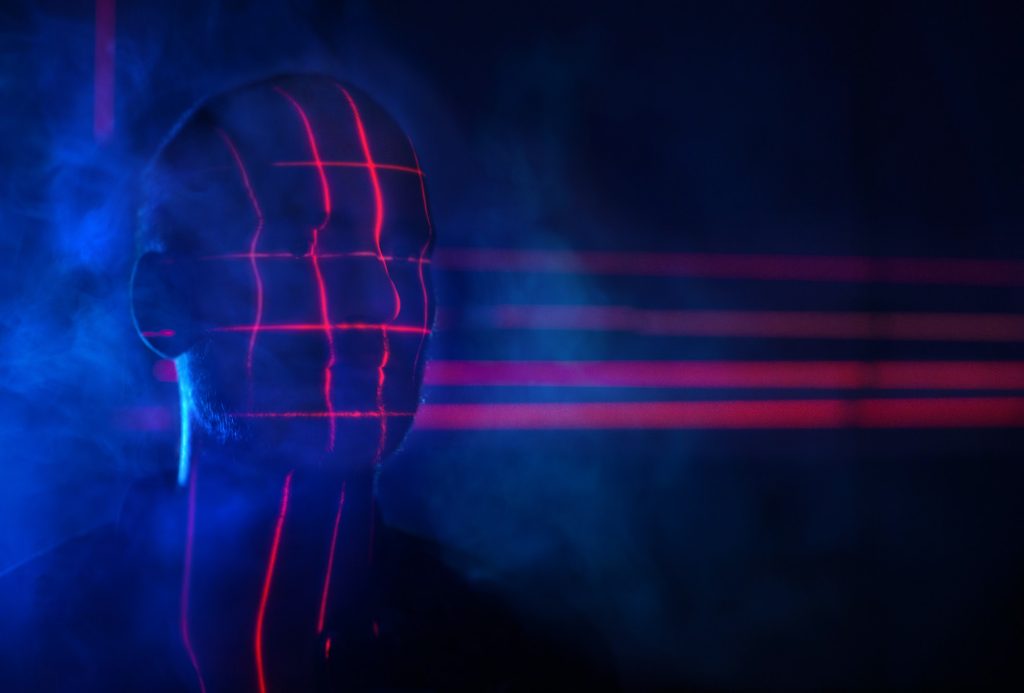UK invests £55.5 million in facial recognition to combat retail crime
Despite concerns about privacy and false positives, Home Secretary James Cleverly underscores its preventive potential, contrasting with critiques from privacy advocates like Big Brother Watch.

UK Prime Minister Rishi Sunak has announced a substantial investment of £55.5 million over four years in facial recognition technology, which aims to combat retail crime by identifying repeated shoplifters.
The initiative, part of a broader crackdown on theft, includes deploying bespoke mobile units equipped with live facial recognition capabilities across high streets nationwide. While controversial, its deployment has resulted in numerous arrests, primarily for offences ranging from theft to assault. However, concerns persist regarding privacy and false positives.
Despite criticism from privacy advocates like Big Brother Watch, Home Secretary James Cleverly emphasises the technology’s preventative nature, while the Metropolitan Police views it as a transformative tool in law enforcement. The Office of the Scottish Biometrics Commissioner noted that careful deployment is needed to maintain public confidence.
Why does it matter?
The development has emerged months after Scotland’s biometrics commissioner, Brian Plastow, raised concerns about the trajectory towards autocracy driven by inappropriate use of biometric surveillance in the UK. While supporting specific biometric surveillance applications, like live facial recognition, he critiques government overreach and highlights risks such as database misuse and privacy erosion. Plastow’s concerns are exemplified by incidents like the arrest of an eight-month-pregnant woman for failing to report community service. While Scotland may resist England’s path towards a vigilant state, the stance of Wales remains uncertain.
